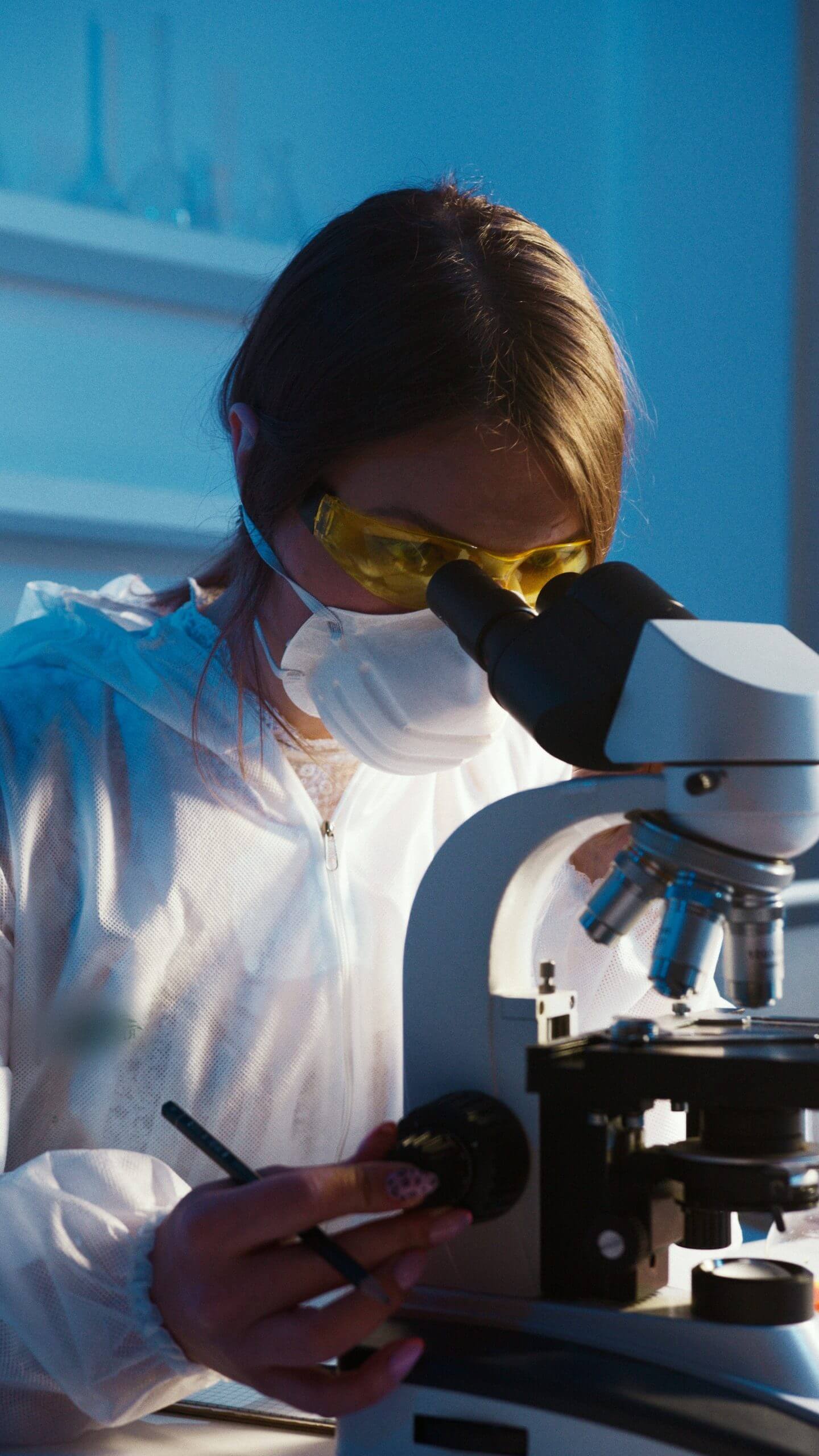
US has constantly underinvested in medical education
Medical education has evolved in response to scientific developments and social needs and will continue to evolve. But government reforms in this field are necessary to keep medical education progressing. The U.S. has constantly underinvested in its medical education, resulting in its dependence on the annual recruitment of thousands of foreign-trained healthcare professionals from other nations. The COVID-19 pandemic has worsened the already bad condition of the healthcare system, putting immense pressure on the education system.
The consequences of the US constantly underinvesting in medical education are clearly visible across the U.S. healthcare system- the constant physician shortages. Costs for health insurance are higher and coverage is smaller than in comparable nations. A third of U.S. respondents reported deferring medical treatment because of the costs, according to a survey commissioned by the Commonwealth Fund. And this relative shortage of doctors is particularly acutely felt in rural areas. Present members of the profession often feel the adverse effects of the physician shortage. Doctors in North America, and particularly residents, work more hours than their European counterparts. Up to 80-hour weeks and 28-hour shifts can be expected for North American medical residents. European countries, by comparison, largely hold resident duty hours below 48 a week.
The traditional education system has catered to billions of medical practitioners and professionals and introduced a generation of scientifically grounded and clinically skilled physicians who have served medicine and society well. A physician’s education has grown to include pre-medical training, a medical school course that is usually an essential component of an academic medical center (AHC), and medical specialty training in residency and fellowship programs, UME and GME, respectively. This education sets the cornerstone for a career that is reinforced by continued medical education and lifelong learning.
underinvested in medical education






